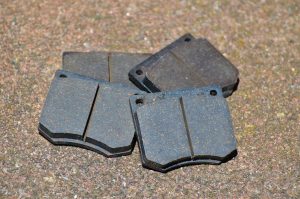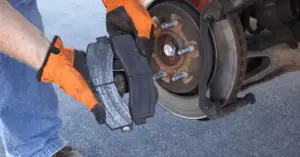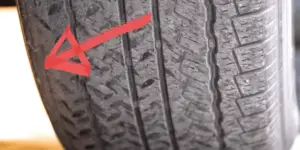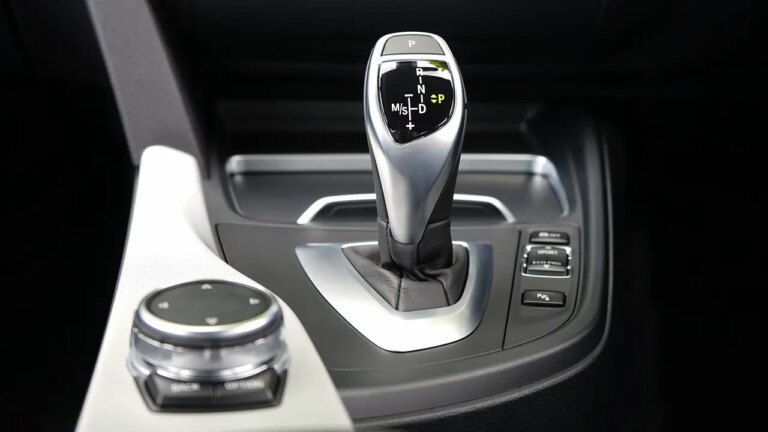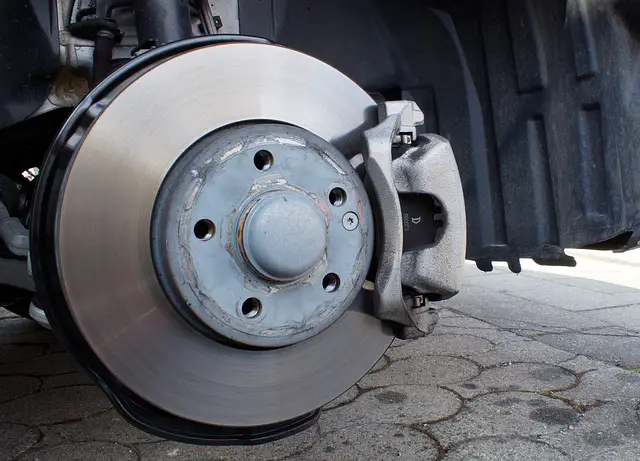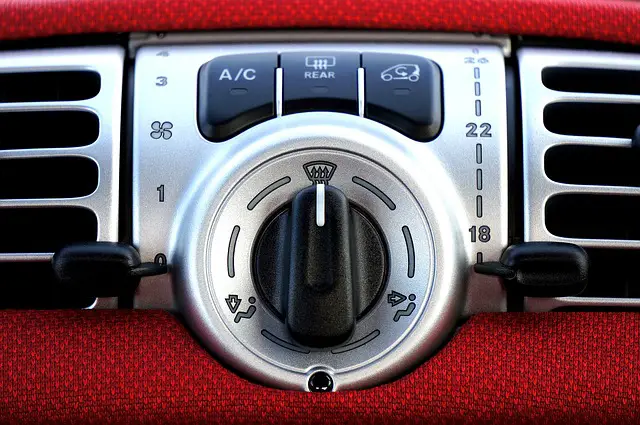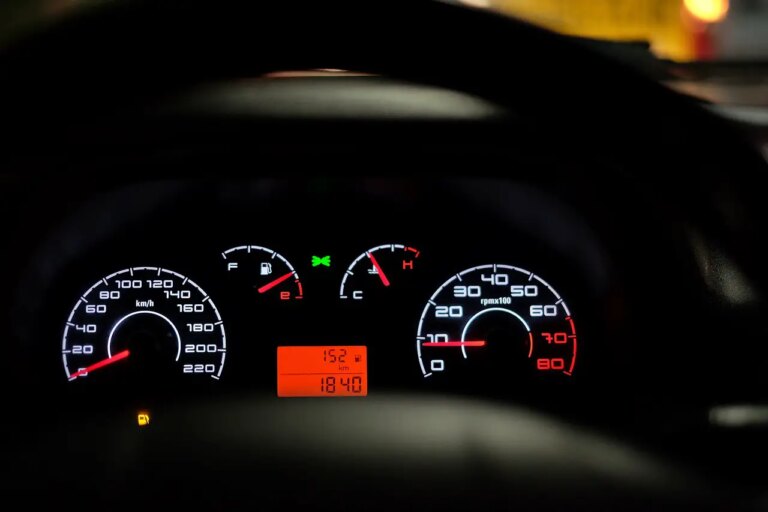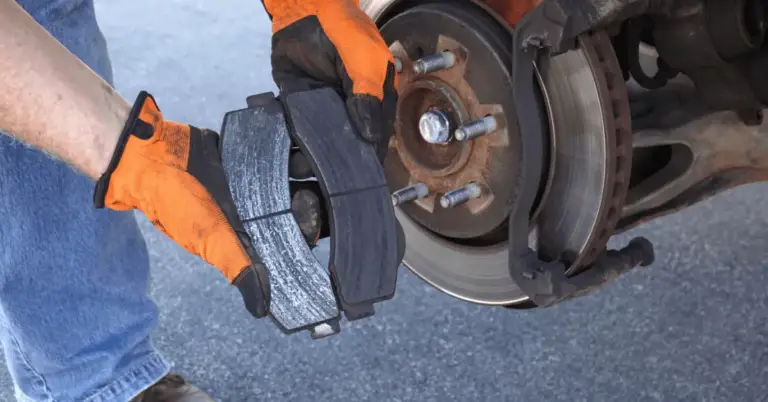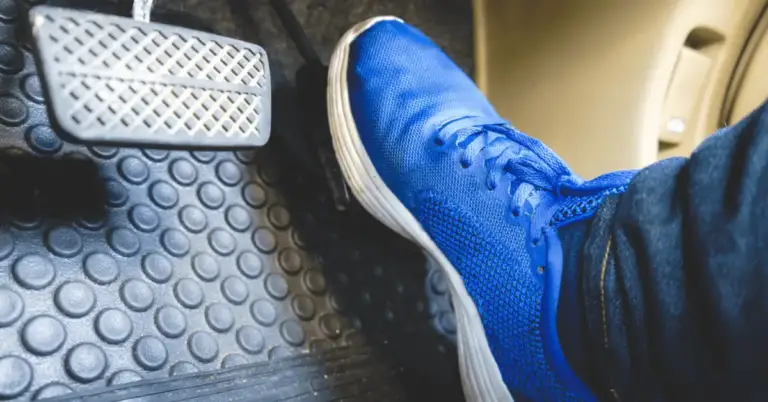Recently, I’ve been hearing a constant rumbling noise while driving my vehicle. I recognize the rumbling noise as a bad wheel bearing. However, I’ve also noticed that my brakes have become spongy and less responsive too. I didn’t know if the two issues were related or just coincidental. I decided to do some research to find out.
Have you ever come across a similar situation? Do you know what damage can a bad bearing do to your vehicle? Additionally, can you distinguish if either your brake pad is bad or the wheel bearing?
I’ll be answering all these questions in this article.
Before we get into that let’s answer the issue of whether a bad bearing can affect the brakes.
A bad wheel bearing can affect the brakes because it allows the wheel to become loose from the assembly. This looseness means the wheel wobbles when it spins. As the rotor is attached to the wheel it wobbles too. At certain points of its rotation, it will be further away from the brake pad, held in place by the caliper than it should be.
When braking the pad has to travel a slightly longer distance to come in contact with the rotor.
Does a Bad Wheel Bearing Noise Stop When You Apply Brakes?
The answer to this is not that simple. Sometimes the noise of the wheel bearing stops when you apply the brakes harshly, and your vehicle comes to rest. Usually not the case, though.
Actually, the sound of bad bearings is cyclical and constant. It may decrease at some lower speeds, but often this is because of wind noise or other variables blocking it out.
Whereas, if you only hear the noise when the brakes are applied, then there may be a problem with the brakes, not the wheel bearing.
Do Bad Wheel Bearings Cause A Low Brake Pedal?
One of the tests for a bad wheel bearing is to jack up the wheel and push and pull it. It should be rock solid. If it moves then the wheel bearings are failing. It’s very unlikely to move more than an inch back and forth or side to side.
This distance is replicated in the depth the brake pedal will be positioned in the cabin. So at the maximum, you should notice the pedal being no more than an inch or so lower.
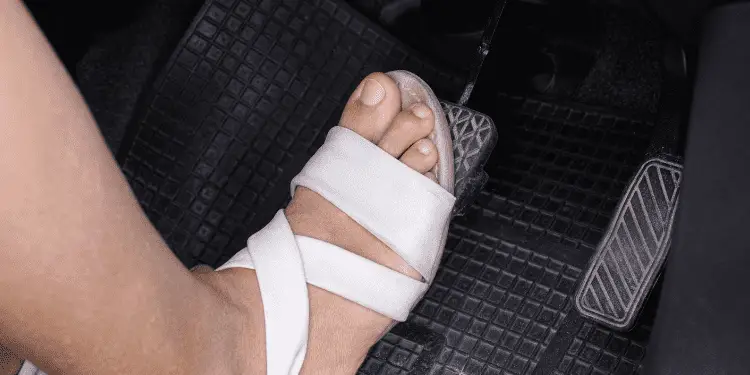
Besides this, if you run the vehicle for a longer period without replacing the faulty bearing, it further loosens and causes uneven wear and tear of the brake pads and rotor.
Causes of a brake pedal being closer to the floor than this are a stuck caliper – this will be accompanied by a screeching sound as the pad is forced onto the rotor or a brake fluid leak resulting in a loss of pressure in the brake circuit.
What Other Car Parts Can Be Affected By Wheel Bearings?
Apart from making your brake pedal soft, the wheel bearing can damage many other components, such as the wheels, hub, and CV joints.
A faulty bearing also puts pressure on the steering and suspension components, which are directly linked to it.
So, a bad wheel bearing can also cause vague steering, and often results in vibrations. In the worst case, if you ignore the noises and keep driving you’re going to have to replace other parts that have failed or become worn too. It’s a false economy to delay replacing your wheel bearings.
What’s The Difference Between Worn Brakes And Worn Wheel Bearing Noise?
Now, you know that worn-out brake pads also make a noise. Then, how can we distinguish that the noise, our vehicle is making is a result of worn brakes not worn bearing?
The two noises differ greatly. Worn brakes make a screeching noise. This usually happens when the brake pedal is pushed. Once the pedal is released the noise should go away.
Bad wheel bearings make a rumbling noise and are usually heard when the wheel is spinning including under braking or acceleration. Sometimes the noise can go quieter and then louder as the wheel completes a rotation. The noise will always be there though.
Important to note is that sometimes the brakes can make a noise at all times too but only if the caliper is stuck and forcing the pad onto the rotor. As already mentioned this noise will be screeching as opposed to the rumbling noise of bad bearings.
It is possible to get both noises at the same time as if you’ve left bad bearings in situ for a long time they will eventually cause the brakes to wear unevenly.
Many visitors read this article next: Can Dirty Brake Fluid Cause Squeaky Brakes? [ANSWERED]
Will Bad Wheel Bearings Affect Alignment?
Absolutely. The bearings usually get replaced – because of the irritating noise – way before the alignment is compromised.
Wheel alignment and tire balancing often get confused. Read more: Wheel Alignment Vs. Tire Balancing
A bad wheel bearing on the back wheels can also affect alignment – many people think only the front wheels affect this.
Some of the initial signs will be subtle. If the bad bearing is on the front wheel you may notice that the steering wheel is slightly off-center. If left for longer than this obvious uneven tire wear can take place too. (It’s not just wheel balancing that can affect tire wear)
In Conclusion
The rotor will wobble on its axis if a wheel bearing is damaged or loose. The rotor pushes the caliper piston into its shaft as a result of this instability The piston has to travel further than usual to apply the brakes when you press the brake pedal. A low or spongy brake pedal results from this.


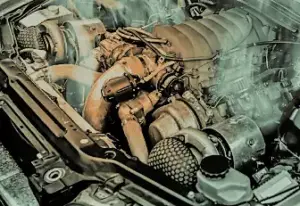
![Can Dirty Brake Fluid Cause Squeaky Brakes? [ANSWERED] DOT-3-Brake-Fluid](https://carzaza.com/wp-content/uploads/2023/12/DOT-3-Brake-Fluid-300x161.png)
